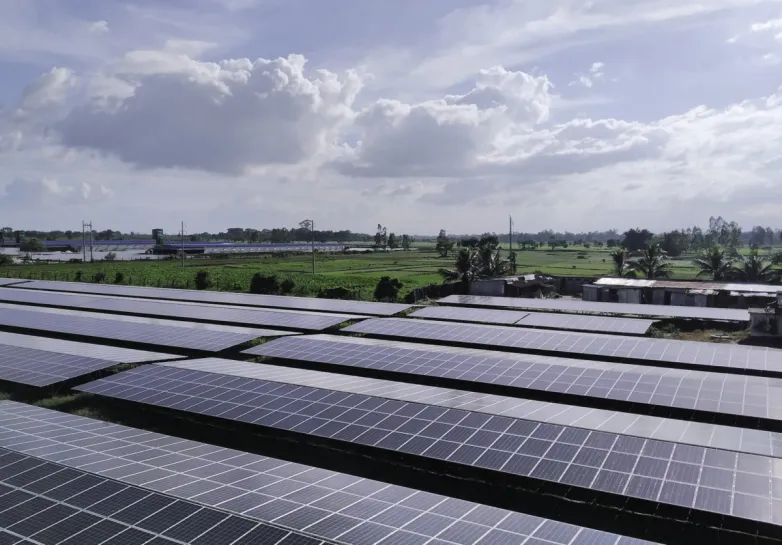Bangladesh extends incentive scheme for domestic solar industry
Oct 29, 2019 03:41 PM ET
- PV manufacturers receive 10% of the value of their exported products as an incentive and the nation’s central bank has extended the program to cover this financial year. Bangladesh’s solar manufacturers have called for more, however, and point to more generous schemes to the west.

The government of Bangladesh has extended an incentive scheme opened last year to encourage local firms to manufacture and export solar modules.
Dhaka pays solar manufacturers 10% of the value of their exports in a bid to foster a domestic PV industry and state-owned lender Bangladesh Bank recently announced the scheme will be extended to cover this financial year.
The nation has a small panel manufacturing industry with an annual production capacity of 100 MW. Bangladeshi manufacturers claim their products, which are chiefly shipped to Nepal and the Philippines, can generate 320 W and boast 19.5% efficiency.
The government already grants a tax waiver for imports of solar raw materials and the announcement the cash incentive scheme would be extended was welcomed by Munawar Misbah Moin, president of the Solar Module Manufacturers Association of Bangladesh (SMMAB).
“Though the export volume is very small until now, the incentives will definitely help the sector,” Moin told pv magazine.
More to be done
However, the chief of the trade body called for more help from Dhaka to encourage the use of panels in the domestic market. Moin on Sunday suggested the government apply a 30% local content requirement for modules used in public solar projects and installation programs and said Bangladeshi panels should be prioritized for the government’s plan to install rooftop PV on all public buildings.
Moin cited the example of neighboring India, where he said Indian made panels have been allocated 2.5 GW of 10 GW of government-driven solar power project capacity. In China, said the SMMAB president, local content requirements make it near impossible for foreign panels to get a foothold in the market.
“The basic demand of a product should come from [the] local market,” said Moin. “And the government should help create the situation.”
Association general secretary Golam Baki Masud said Indian module manufacturers enjoy an 18% cash incentive linked to export value alongside a tax waiver on imported raw materials. “We need long term loans and loans at 4-5% interest as a green industry,” he said.
Masud also repeated calls for a restriction on the volume of solar module imports to Bangladesh and for the application of standards to ensure poor quality products will not be used on PV projects.
Also read

